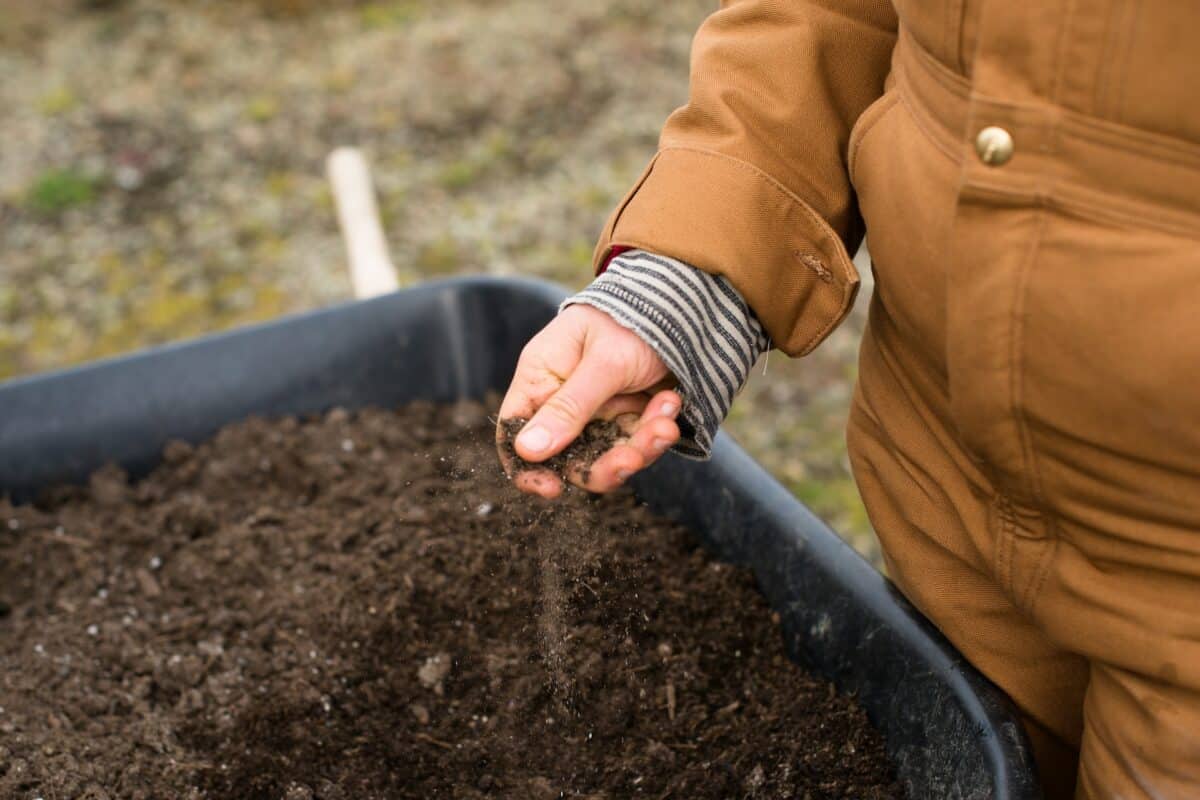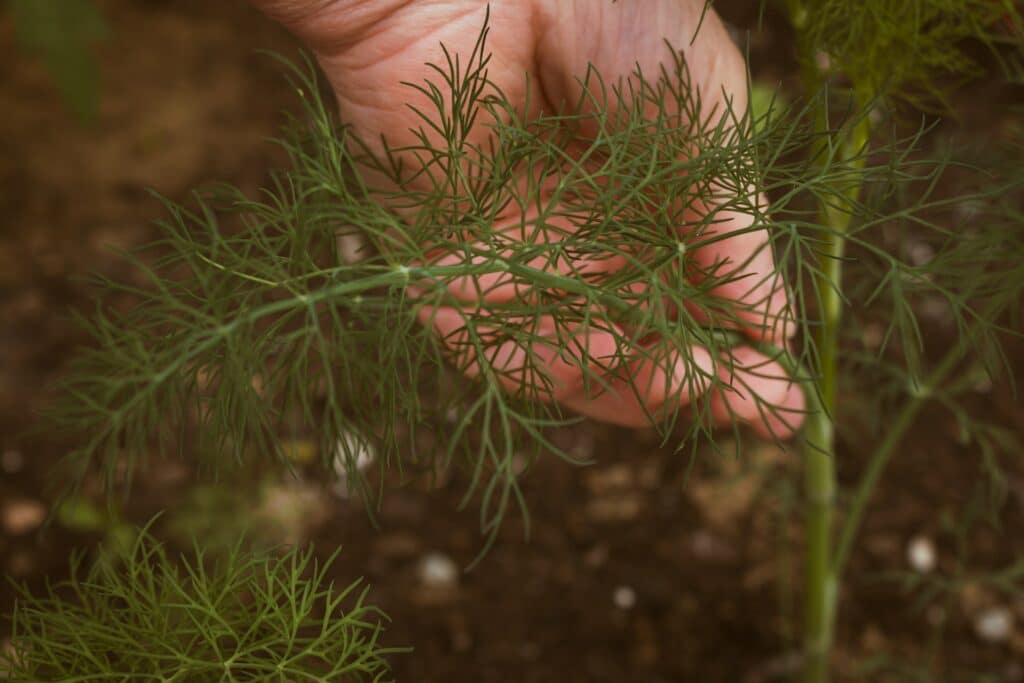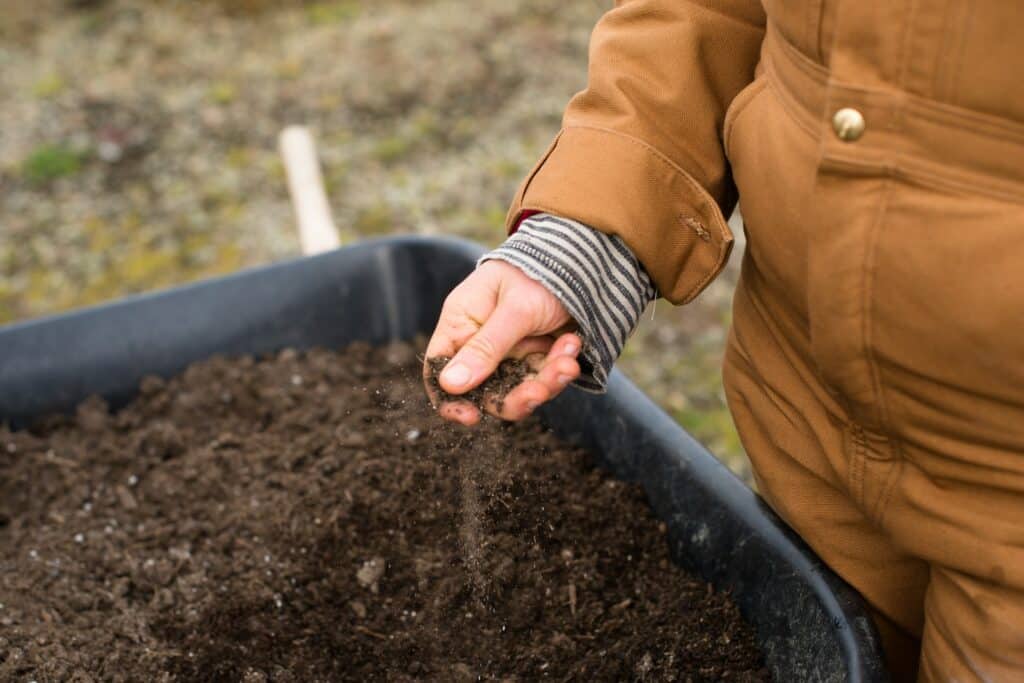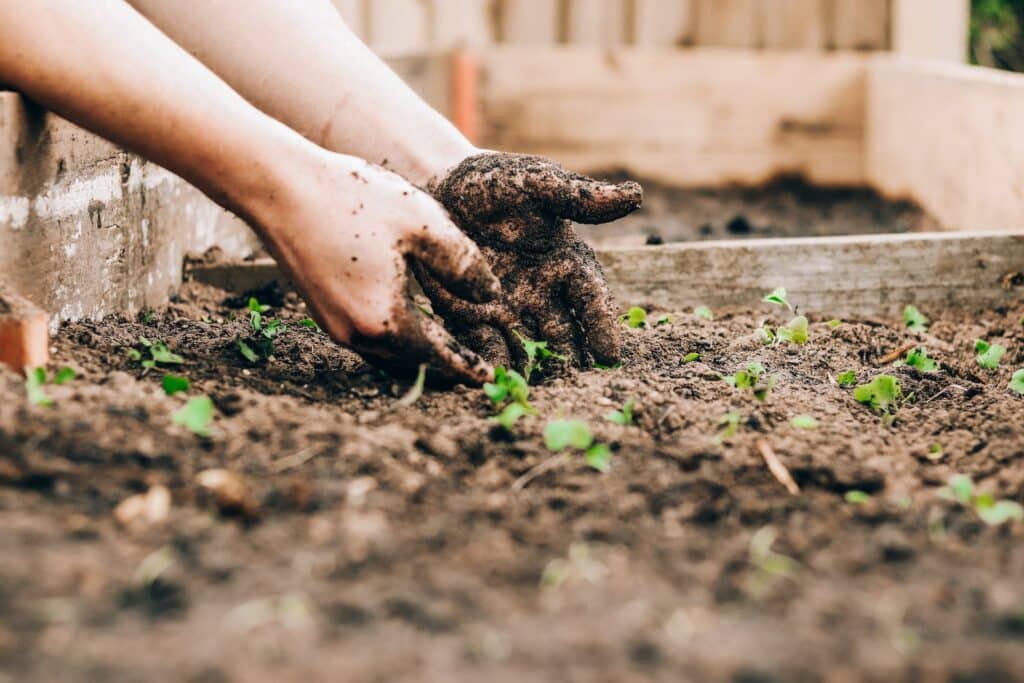In the world of gardening, one of the most crucial yet often overlooked elements is the soil. The foundation upon which plants grow, quality soil can significantly influence the success of your garden. From nourishing plant roots to promoting vigorous growth, the impact of quality soil on gardening cannot be overstated. In this article, we’ll delve into the key reasons why quality soil is essential for a thriving garden and how it contributes to overall gardening success.
Also, you can check out this article we’ve written on choosing the right soil in Sydney.
1. Nutrient Enrichment
Quality soil acts as a reservoir of essential nutrients that plants need to grow, flower, and fruit. These nutrients include nitrogen, phosphorus, potassium, and micronutrients like iron, zinc, and copper. When plants have access to a rich supply of nutrients in the soil, they can develop strong root systems and healthy foliage, which in turn leads to more abundant yields and vibrant flowers.
2. Optimal Drainage and Water Retention
The texture and structure of quality soil play a pivotal role in its ability to retain water while ensuring proper drainage. Well-draining soil prevents waterlogged roots that can lead to root rot, while adequate water retention ensures that plants have access to moisture during dry periods. This balance is crucial in maintaining the health and longevity of your garden’s plants.
3. Improved Aeration
Quality soil is characterised by its ability to hold the right balance of air and water in its structure. This aeration is vital for healthy root development. Air pockets in the soil allow roots to breathe, facilitating nutrient uptake and enhancing overall plant growth. Compacted or poor-quality soil can suffocate roots and hinder their growth, resulting in stunted plants.
4. pH Balance
The pH level of soil significantly influences plant health and nutrient availability. Quality soil tends to have a balanced pH level, which enables plants to access nutrients effectively. Proper pH levels prevent nutrient deficiencies or toxicities, ensuring that your plants can thrive without unnecessary stress, test your soil regularly.
5. Reduction in Pest and Disease Incidence
Healthy plants are inherently more resilient against pests and diseases. Furthermore, quality soil actively fosters robust plant growth, rendering plants notably less susceptible to pest infestations and diseases. Moreover, certain quality soils might habour beneficial microorganisms that directly compete with harmful pathogens, providing an added layer of defence to safeguard your garden.
6. Encourages Beneficial Soil Organisms
Quality soil teems with a diverse population of beneficial soil organisms, including earthworms, nematodes, and beneficial bacteria. These organisms play a crucial role in enhancing soil structure, facilitating nutrient cycling, and boosting overall soil health. As they break down organic matter, essential nutrients become more readily available to plants, effectively elevating soil fertility.
In the realm of gardening, the significance of quality soil cannot be overstated. From fostering nutrient-rich environments to promoting proper drainage and aeration, every aspect of successful gardening hinges on the foundation that quality soil provides. As a gardener, understanding the impact of quality soil and its role in plant health is the first step towards cultivating a vibrant and flourishing garden. By investing in the quality of your soil, you’re not just nurturing plants – you’re laying the groundwork for a thriving ecosystem of greenery and beauty.









